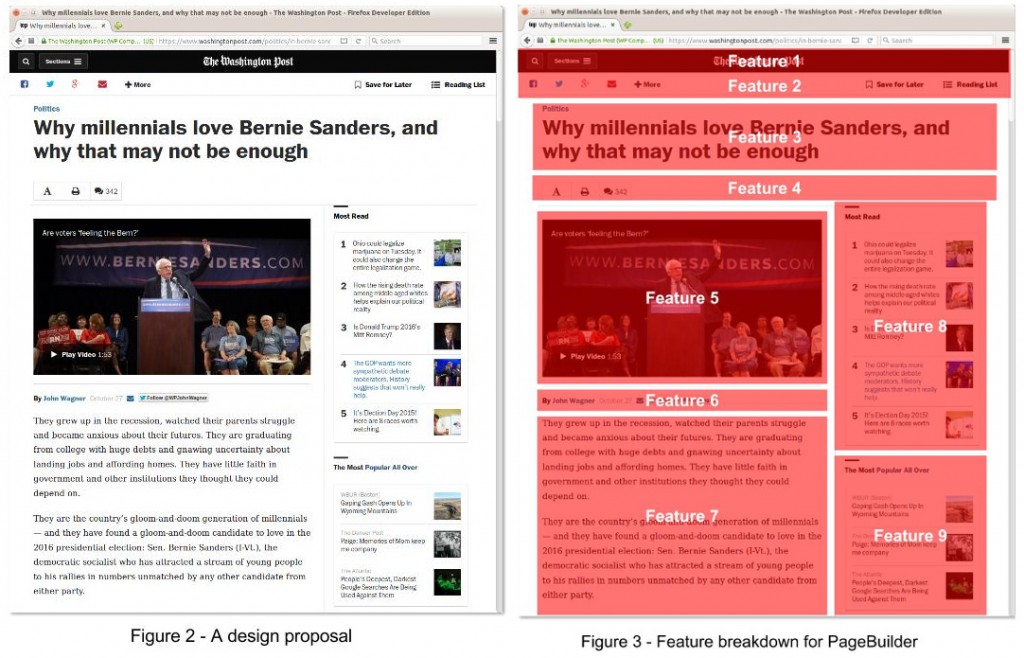
Tag: Research
Faux news in the digital age: Appendix 2
I have never shared a fake news story on social media. Frequency Percent Valid Percent Cumulative Percent Valid 0% Not at all confident 5 1.9 1.9 1.9 10% 9 3.4 3.4 5.3 20% 7 2.6 2.6 7.9 30% 10 3.8 3.8 11.7 40% 17 6.4 6.4 18.0 50% 21 7.9 7.9 25.9 60% 21 … Continued
Faux news in the digital age: Appendix 1
Which of the following social media websites do you access most often? Frequency Percent Valid Percent Cumulative Percent Valid Twitter 36 13.5 13.5 13.5 Facebook 195 73.3 73.3 86.8 Pinterest 4 1.5 1.5 88.3 Instagram 19 7.1 7.1 95.5 Snapchat 3 1.1 1.1 96.6 Tumblr 5 1.9 1.9 98.5 I don’t use any social … Continued
Faux news in the digital age: Survey results
American adults are more confident than they should be about their ability to distinguish between real and fake news headlines. They also believe they’re much less likely than their friends to share fake news stories on social media, but when pressed, nearly six in 10 will admit they’ve probably shared such a story by accident. … Continued
True or false: PolitiFact, pols and pundits
Who in the news is lying? Who’s telling the truth? To find out I “scored” each person and group checked by PolitiFact.
Digital preservation: 7 steps to get started
There are a number of practical steps publishers at news agencies can do to lay the groundwork for preserving our historical record. While this is not a complete set of instructions for digital preservation, it will prepare the way for more advanced efforts to follow. 1. Reach out One of the best first steps to … Continued
To read or not to read comments: Understanding the persuasive firepower of user discussion
The comments you read after a story can be as important as the story itself. Some folks skip the journalism altogether and just jump to the online comments. Whether you find this to be a painful trend in leading the public away from accurate information or a hopeful sign of an engaged electorate, it is … Continued
How The Washington Post built a publishing platform accidentally on purpose
The Elizabethan dramaturge John Webster gave one of his characters these immortal words: “There’s nothing of so infinite vexation/As man’s own thoughts.” Of course, he was lucky enough to live nearly 400 years before the first content management system was invented. In early 2013, The Washington Post found itself in a particularly vexing situation: The … Continued




